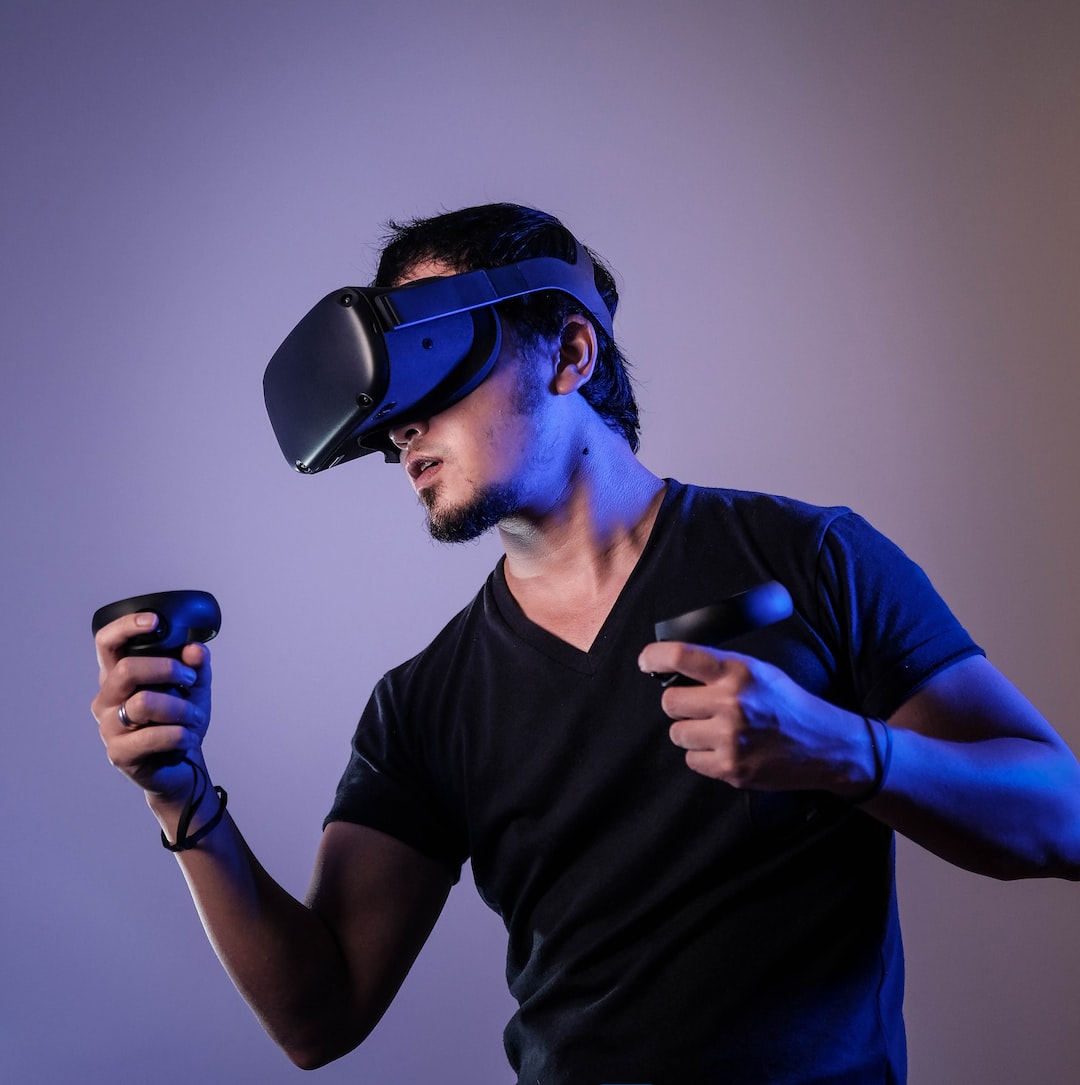Advancements in Healthcare Technology: Saving Lives and Improving Care
In today’s fast-paced world, technology has become an integral part of our daily lives. From communication to transportation, it has revolutionized various aspects of our society. One area that has seen tremendous advancements is healthcare technology, which has the potential to save lives and improve patient care. In this blog post, we will explore some of the latest advancements and how they are transforming the healthcare industry.
One of the most significant advancements in healthcare technology is the use of electronic health records (EHRs). Gone are the days when doctors and nurses relied on handwritten notes and paper files to store patient information. With EHRs, healthcare providers can access a patient’s medical history, lab results, and other critical data at the click of a button. This helps to streamline workflow, reduce errors, and improve overall patient care. Additionally, EHRs can be shared among different healthcare facilities, ensuring that all providers have access to the same information, leading to better collaboration and coordination of care.
Another area where technology has made significant strides is in diagnostic imaging. With the advent of advanced imaging techniques such as magnetic resonance imaging (MRI), computed tomography (CT), and ultrasound, doctors can now visualize internal structures and diagnose diseases with greater precision. These imaging modalities provide detailed information about a patient’s condition, enabling doctors to develop more targeted treatment plans. Moreover, these advancements have led to the early detection of diseases, thereby improving patient outcomes and increasing survival rates.
Furthermore, artificial intelligence (AI) has emerged as a game-changer in healthcare technology. AI algorithms can analyze vast amounts of patient data, identify patterns, and make predictions based on previous cases. This helps doctors to make more accurate diagnoses, detect potential complications, and optimize treatment plans. For example, AI can assist radiologists in analyzing medical images, highlighting abnormalities that may have been overlooked initially. This not only saves valuable time but also improves diagnostic accuracy, thereby reducing the chances of misdiagnosis.
Telemedicine is another area that has witnessed remarkable advancements in recent years. With the increasing availability of high-speed internet and video conferencing technology, patients can now consult with doctors remotely. This has proven to be especially beneficial for individuals living in remote areas where access to healthcare services may be limited. Telemedicine enables timely access to healthcare professionals, saves travel time and costs, and allows for ongoing monitoring of chronic conditions. Moreover, it has played a crucial role during the COVID-19 pandemic, as it helps to minimize contact and reduce the spread of the virus while ensuring that patients receive timely medical care.
In addition to diagnosis and treatment, technology has also transformed the way surgeries are performed. Minimally invasive procedures, such as laparoscopy and robotic surgery, have become increasingly common. These techniques involve smaller incisions, reduced blood loss, and faster recovery times compared to traditional open surgeries. Robotic surgery, in particular, allows for precise surgical movements and enhanced visualization, making complex procedures more manageable. These advancements have not only improved patient outcomes but also reduced healthcare costs and hospital stays.
Furthermore, wearable devices and health apps have gained popularity in recent years. These devices can monitor vital signs, track physical activity, and provide valuable health information to both patients and healthcare providers. For example, patients with chronic conditions such as diabetes or cardiovascular diseases can use wearable devices to track their blood sugar levels or heart rate, allowing them to make informed decisions about their health. Moreover, physicians can access real-time data from these devices, enabling them to monitor patients remotely and intervene if necessary. This proactive approach to healthcare has the potential to prevent disease progression and reduce healthcare costs in the long run.
In conclusion, advancements in healthcare technology have had a profound impact on patient care and outcomes. From electronic health records to diagnostic imaging, artificial intelligence, telemedicine, minimally invasive surgeries, and wearable devices, technology continues to shape the future of healthcare. These advancements not only save lives but also improve the overall quality and efficiency of healthcare delivery. As technology continues to evolve, it is crucial for healthcare professionals to embrace these advancements and leverage them to provide the best possible care to patients.

